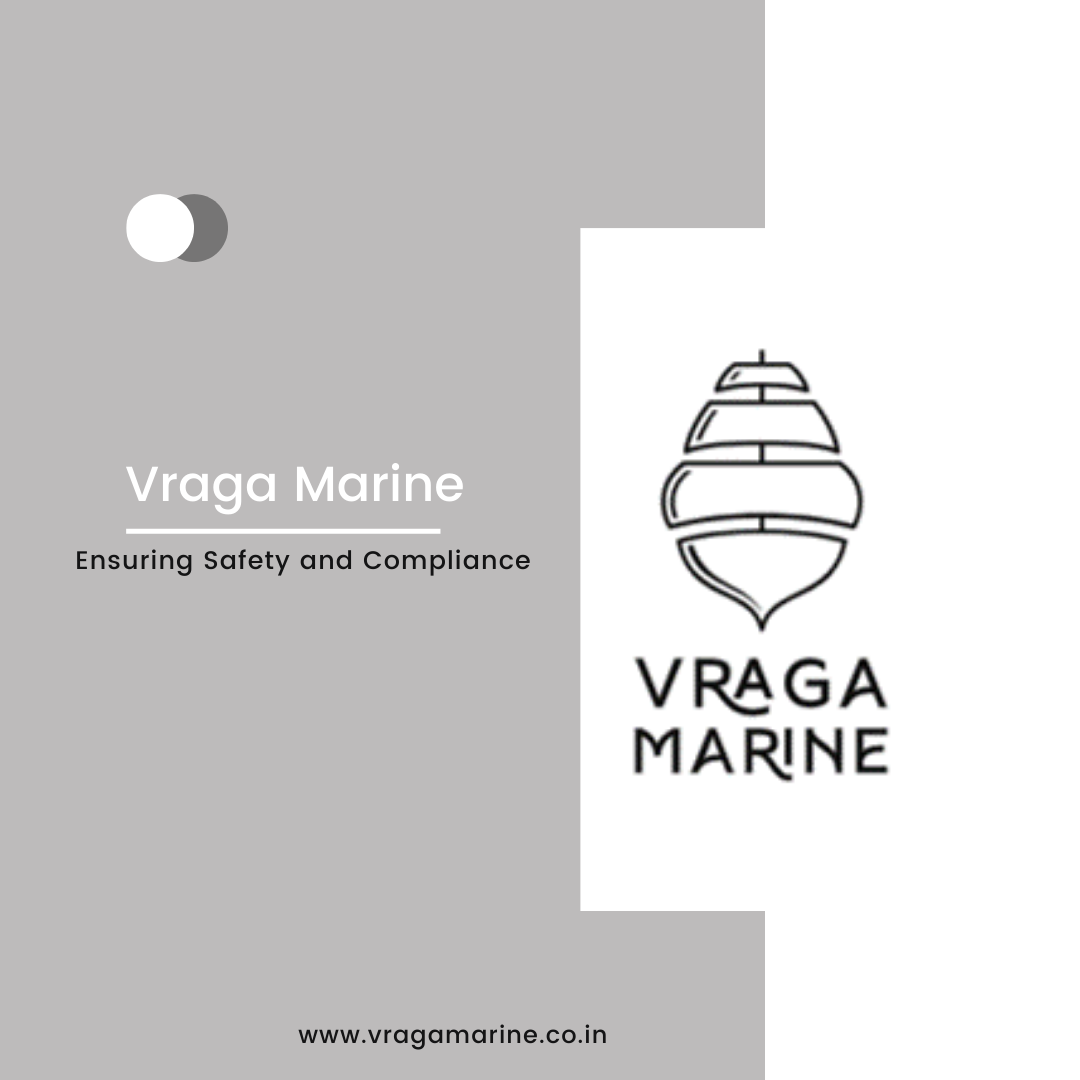Understanding Shipbroking and Shipbrokers
Shipbroking is a vital financial service within the global shipping industry, acting as a crucial intermediary between shipowners and charterers, or buyers and sellers of vessels. Shipbrokers specialize in negotiating deals related to the transportation of cargo by ships.

Ship brokering – Is it a viable career choice
Categories of Shipbrokers
- Tanker Broker: Deals with various types of tankers like Crude, CPP (Clean Petroleum Products), and Chemical tankers.
- Dry Bulk Broker: Handles bulk cargo such as coal, iron ore, and grain.
- Gas Broker: Specializes in LNG (Liquefied Natural Gas) and LPG (Liquefied Petroleum Gas) carriers.
- Sale & Purchase Broker: Facilitates the buying and selling of vessels.
- FFA Derivatives Broker: Deals with Freight Forward Agreement derivatives.
- Offshore Broker: Focuses on offshore assets and services.
- Container Broker: Specializes in container shipping.
These categories can further subdivide based on specific areas of expertise or business focus.
How to Become a Shipbroker
Shipbroking doesn’t necessarily require specific academic qualifications. While maritime knowledge can be advantageous, individuals with a strong interest and aptitude for the industry can enter the profession. Some firms offer trainee programs, while others may require passing examinations conducted by organizations like the Chartered Institute of Shipbrokers.
Here are some links for your quick ref
https://www.ics.org.uk/exams-/registration-process
The Institute of Chartered Shipbrokers offers a comprehensive syllabus for its Professional Qualifying Examinations (PQE), aiming to assess students’ knowledge across various aspects of commercial shipping.
Compulsory Subjects (Group 1)
These subjects are essential as they form the foundational knowledge required for understanding the workings of the commercial shipping industry:
- Introduction to Shipping: Covers the fundamental concepts and principles of the shipping industry.
- Legal Principles in Shipping Business: Examines the legal frameworks and regulations governing shipping activities.
- Economics of Sea Transport & International Trade: Explores the economic aspects of sea transport and global trade dynamics.
- Shipping Business: Provides insights into the operational and business aspects of the shipping industry.
Specialisms (Group 2)
These papers delve into specific areas of shipping in detail, offering practical knowledge and expertise:
- Dry Cargo Chartering: Focuses on the chartering of dry bulk cargo vessels.
- Ship Operations & Management: Covers the operational and management aspects of ship fleets.
- Ship Sale & Purchase: Examines the processes involved in buying and selling ships.
- Tanker Chartering: Specializes in the chartering of tanker vessels for liquid cargo.
- Liner Trades: Explores the operations and management of liner shipping services.
- Port Agency: Provides insights into the functions and responsibilities of port agencies.
- Logistics & Multi-modal Transport: Covers the logistics and transportation aspects across multiple modes.
- Port & Terminal Management: Focuses on the management of ports and terminals.
- Offshore Support Industry: Examines the support services and operations in the offshore industry.
- Shipping Law: Explores legal principles specific to the shipping industry.
- Marine Insurance: Covers the principles and practices of insurance in maritime operations.
- Shipping Finance: Provides understanding of financial aspects related to shipping operations.
These subjects collectively equip students with the necessary knowledge and skills to excel in various roles within the commercial shipping sector. To sit for exams during the academic year, students need to register online through the Institute’s website.
Major Shipbroking Firms
Some prominent global shipbroking firms include Clarksons Platou, Simpson, Spence & Young, Braemar ACM, and Poten & Partners, among others. These firms operate internationally and handle various aspects of shipbroking.
Qualities of a Ship Broker
Successful shipbrokers typically possess qualities such as hard work ethic, effective communication skills, proactive attitude, and a keen interest in the industry. Time management and public relations skills are also crucial for building and maintaining client relationships.
A Day in the Life of a Shipbroker
Shipbrokers typically start their day early to accommodate clients across different time zones. Their activities may include reviewing emails for charter requests, analyzing market reports, and seeking out potential business opportunities for clients. The core responsibility involves facilitating deals between parties involved in shipping transactions.
Job Prospects and Salaries
Job prospects in shipbroking can vary based on market conditions, with firms hiring more during upturns in the shipping cycle. Salaries are often commission-based, with earnings influenced by factors like experience, client base, and deal volumes.
The Baltic Exchange
Established in 1744, the Baltic Exchange in London serves as a hub for maritime shipping information, facilitating trades and providing a platform for settling shipping contracts. It offers services such as market information, self-regulated trading platforms, and business facilities for members.
Shipbroking Hubs
Key shipbroking centres include London, Singapore, New York, Houston, Athens, and Oslo, where major firms operate and facilitate global shipping transactions. These hubs serve as vital nodes in the network of maritime trade and finance.


